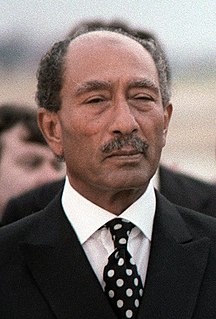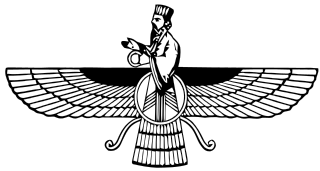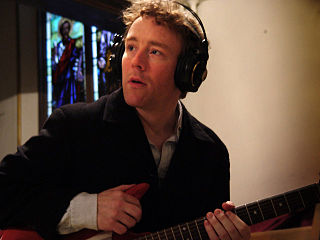A Quote by Gaspar Noe
Societies have progressed much more during times of peace than during wars.
Related Quotes
I went out to cover the wars in Iraq and Afghanistan fundamentally [in Buzzing at the Sill] because I was interested in war as a notion and in experiencing it. I was interested in history and how societies form. I was interested in the recent history of what had provoked these wars. So when I finally got out there, I was really seeing the wars through the American perspective, much more than through being embedded with American soldiers and Marines.
Wars--and what is war except crime on a mass scale?--destroy rather than produce. The vandal that destroys a window causes not only the owner to bear the costs of replacing it, but costs those whom he planned on using that money to buy from. The same goes for wars. The warlords--of war and peace--destroyed so much, not only what existed, but all those new things that could have existed, if only individuals were left in peace.
Inclined to peace by his temper and situation, it was easy for [Augustus] to discover that Rome, in her present exalted situation, had much less to hope than to fear from the chance of arms; and that, in the prosecution of remote wars, the undertaking became every day more difficult, the event more doubtful, and the possession more precarious and less beneficial.
In terms of the film itself, there was nothing much very new about 'Star Wars.' 'Star Wars' was a trailblazer for the kind of monumentalist pastiche which has become standard in a homogeneous Hollywood blockbuster culture that, perhaps more than any other film, 'Star Wars' played a role in inventing.





































